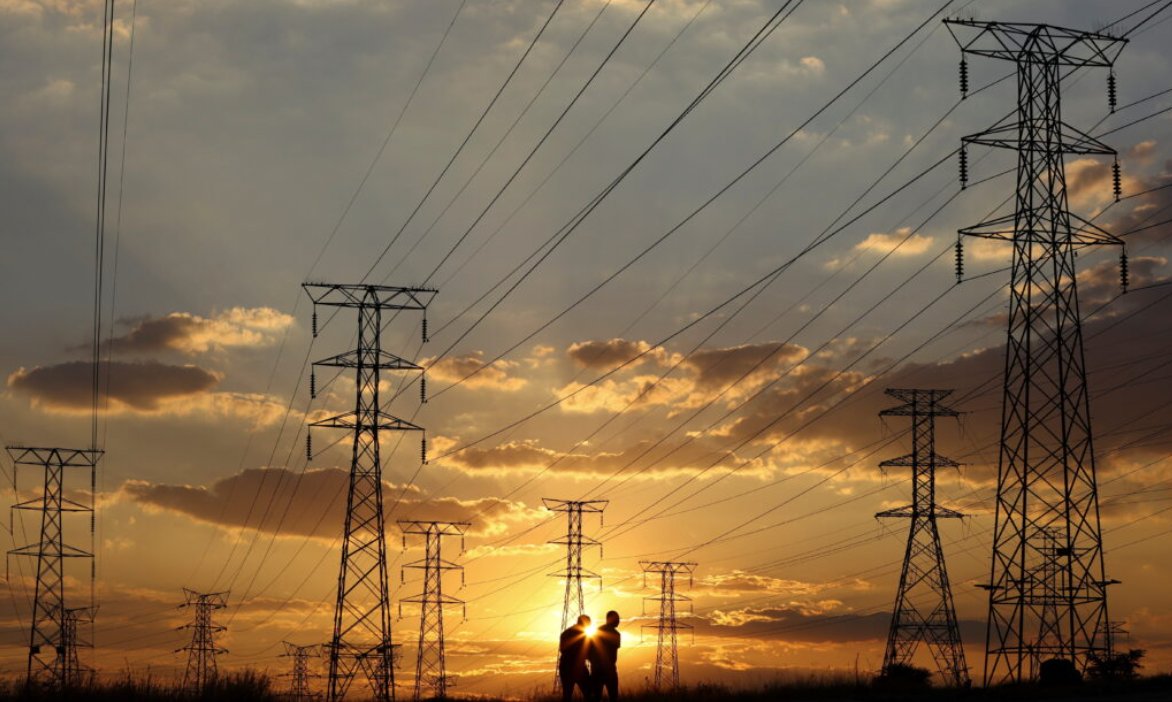News
Households Face Another Blow as July Electricity Hikes Loom

Rising tariffs stir outrage across Joburg, Durban and Cape Town
South Africans are bracing for yet another financial shock as a fresh round of electricity price hikes is set to kick in from 1 July 2025. Whether you’re living in a bustling Joburg suburb, a coastal Durban neighbourhood, or a leafy Cape Town district, one thing is certain—your next electricity bill is about to bite harder.
The pain stems from the national energy regulator, Nersa, approving a 12.74% tariff increase for Eskom direct customers earlier this year. That was just the beginning.
Now, more than 130 municipalities are lining up to implement their own hikes, most closely mirroring Eskom’s, though some may go even higher.
Why You’ll Be Paying More Than the “Average” Increase
You’ve probably seen the 12.74% figure thrown around, but here’s the kicker—it’s an average. In reality, the final amount on your bill depends on how much electricity you use, your connection type, and several new line-item charges.
For instance:
-
Generation and Network Capacity Charges are fixed daily fees based on your household’s peak demand.
-
Energy Charges are variable and rise with every kilowatt-hour.
-
Service and Admin Charges apply even if you don’t use a single unit of power.
In some cases, residents have already reported jaw-dropping increases as high as 88% since April. Eskom has responded by explaining that each part of its tariff structure has changed independently, resulting in unpredictable final costs for consumers.
Outrage in Joburg: “Paying More While the City Falls Apart”
In Johannesburg, residents are outraged. The city recently tabled a revised budget that leans heavily on households to help it escape fiscal freefall.
With crumbling infrastructure and service delivery issues already sparking discontent, the electricity increase—set at 12.4%—feels like a slap in the face for many.
Opposition parties and some within the city’s fragile coalition have criticised the budget, especially the unchanged fixed charge on prepaid electricity users—a sore point that was supposed to be reconsidered.
Cape Town’s Softer Hike Still Draws Fire
Cape Town, where electricity tariffs will rise by 7.2%, may have it better than most, but that hasn’t stopped residents from pushing back. The city had to revise its own budget and introduce relief measures after angry public submissions poured in.
While officials argue the increases are necessary for sustainability and service improvement, citizens are in no mood for lectures on responsible budgeting, they want tangible relief.
Durban’s Double Trouble
eThekwini (Durban) isn’t faring any better. Still recovering from floods, water crises and infrastructure failures, residents are expected to fork out 12.7% more for electricity, alongside increases for water and rates.
The city initially proposed even steeper hikes but scaled back slightly after intense public pressure. Still, many communities are warning that they simply cannot absorb these increases, with some civil groups threatening legal action.
Rate Hike Breakdown for Major Metros (Effective 1 July 2025)
| Service | Joburg | Cape Town | Durban |
|---|---|---|---|
| Electricity | 12.4% | 7.2% | 12.7% |
| Water & Sanitation | 13.9% | 4.5% | 12.9% |
| Refuse Removal | 6.6% | 7.4% | 7.0% |
| Property Rates | 4.6% | 8.0% | 6.5% |
The official line from municipalities is that these increases are essential for service delivery and infrastructure maintenance. But on the ground, most South Africans are barely staying afloat in an economy battling high unemployment, food price inflation, and wage stagnation.
The electricity hike is just the latest pressure point in what feels like an unrelenting cycle. On social media, hashtags like #ElectricityPain and #TariffTsunami are trending, as citizens post screenshots of bloated bills and share stories of financial strain.
One frustrated Joburg resident summed it up on X (formerly Twitter):
“12.4% hike for what? A flickering light and a dead fridge during load-shedding? No thanks.”
Electricity is a basic need, but in South Africa, it’s quickly becoming a luxury. Come 1 July, households will be paying more sometimes much more than the average headline figure suggests.
And with fixed daily charges now being baked into prepaid systems, even low-usage households will feel the sting.
For now, residents can only hope that their local councils hear their cries or prepare to push back harder than ever before.
{Source: BusinessTech}
Follow Joburg ETC on Facebook, Twitter , TikTok and Instagram
For more News in Johannesburg, visit joburgetc.com



























